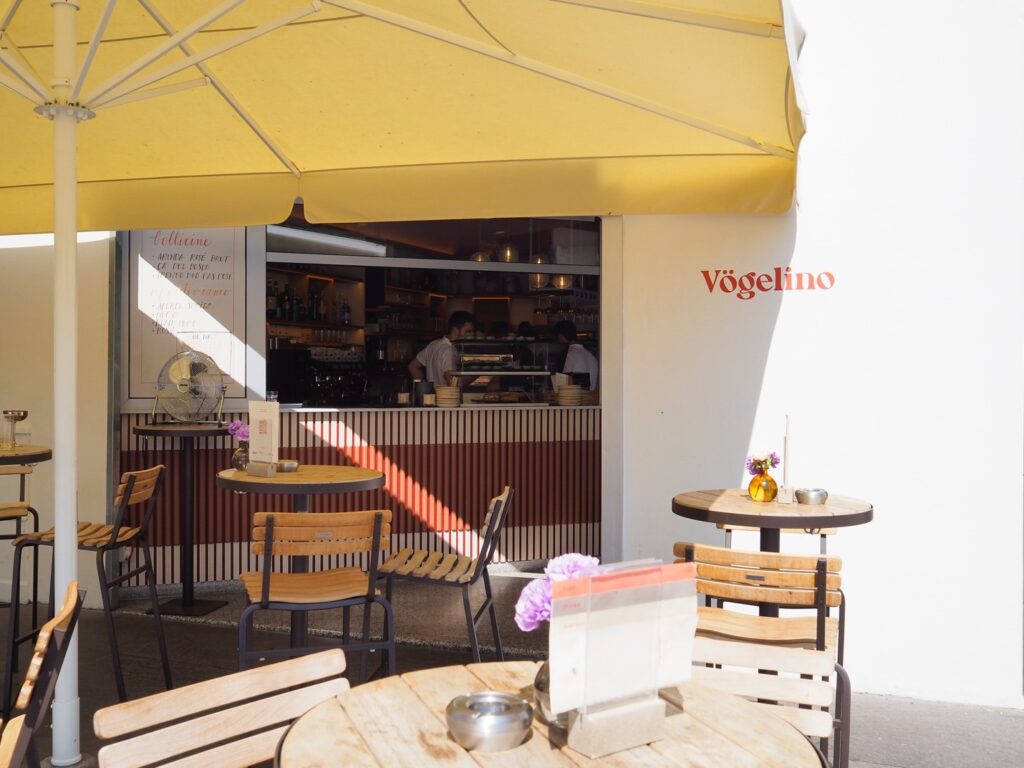Historically Bolzano was a semi-independent merchant city state and sometimes part of the Trento prince-bishopric, with its allegiance more to the (Germanic, Habsburg) Holy Roman Empire – in the person of the (Austrian) counts of Tyrol – across the Alps to the north than to the papacy and principalities and dukedoms to the south. The language spoken by most of the inhabitants was German, though as we shall see this did not necessarily make German the only official language.

This is not the place to examine the rights and wrongs of the 1919 peace treaties which marked the end of the First World War, clumsy and vindictive though they were, resulting in another world war in less than 20 years. Suffice it to say that the largely German-speaking South Tyrol, part of Austria since 1815, was ceded to Italy and was the scene, under Mussolini, of large-scale migration of Italian workers from the south, of forced Italianisation and strict bans on the use of the German language in politics, education and law.
So is German the “right“ language in this region, with Italian super-imposed in one of the many regrettable nationalist episodes of the 20th century?
The answer is complicated and the issue is sensibly downplayed by the original protagonists’ descendants, who are now more interested in peace and prosperity than in retribution. Bolzano Bozen owes much of its history and importance to its location on a major trading route across the Alps between the (German-speaking) north and the (Italian-speaking) south: the Brenner Pass – at 1,400m the lowest crossing point in the Alps – lies a few miles to the north.
And a few miles down the road to the south, the neighbouring prince-bishopric of Trent was chosen, in the 16th century, as the location for the famous Oecumenical Council, convened in the hope of reconciling the doctrines of Roman Catholicism to those of the emerging Lutheranism in the north, precisely because of Trent’s notional allegiance to the Germanic Holy Roman Empire while being also Italian-speaking and easily accessible from the Papal States and south. (Presumably Their Graces, the crowds of bishops, prelates, ecclesiastics and divines who attended the Council’s 25 sessions between 1545 and 1563, communicated in elegant and faultless Latin and so were untroubled by matters of linguistic nationalism.)
Returning to Bolzano, the mechanisms for its north-south trade centred on the major fairs, lasting for around two weeks each, which took place four times a year and were governed by strict rules that made it easy and safe for merchants from north and south to transact. The key regulations that facilitated this were the mercantile “Privileges” issued by Claudia de’ Medici (1604-48), the Italian widow of the Austrian archduke Leopold V. There had always been bickering between the northern and southern traders. The “Claudian Privilege” required the settlement of disputes by two German-speaking experts if the claimant was from the Italian-speaking south, and vice versa. Decisions had to be given before the end of the fair, with no fees and no lawyers allowed. So effective was this in smoothing frictionless trade that the Claudian Privilege was extended eight times over the succeeding centuries, always issued in both German and Italian.
And while some of the scars of the Fascist-era attempts to impose Italian are still felt, 62% of the population of South Tyrol still record German as their first language (compared to 24% Italian – 2011 census), and there has been a considerable softening of official attitudes with the South Tyrol (Südtirol in German, Alto Adige in Italian) being granted autonomy and both languages, Italian and German, permitted. And to answer our original question: place names are often written simply as both the Italian and German names (written without punctuation e.g. Bolzano Bozen).







Very interesting. I had always thought about it pragmatically (but only in the present) as which appeared to be the dominant spoken language, so Bruneck and Brixen, but Bolzano because I thought that there was a linguistic tideline to majority Italian speaking at that point?